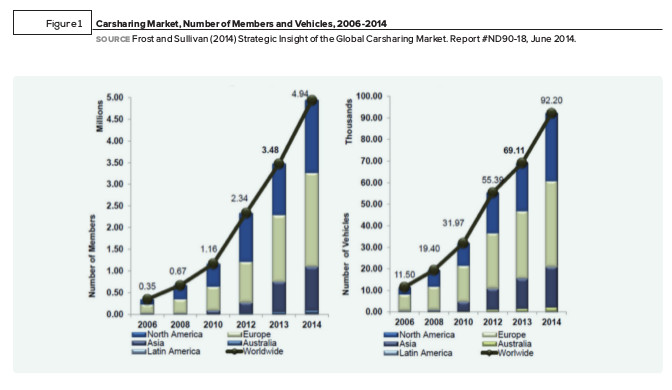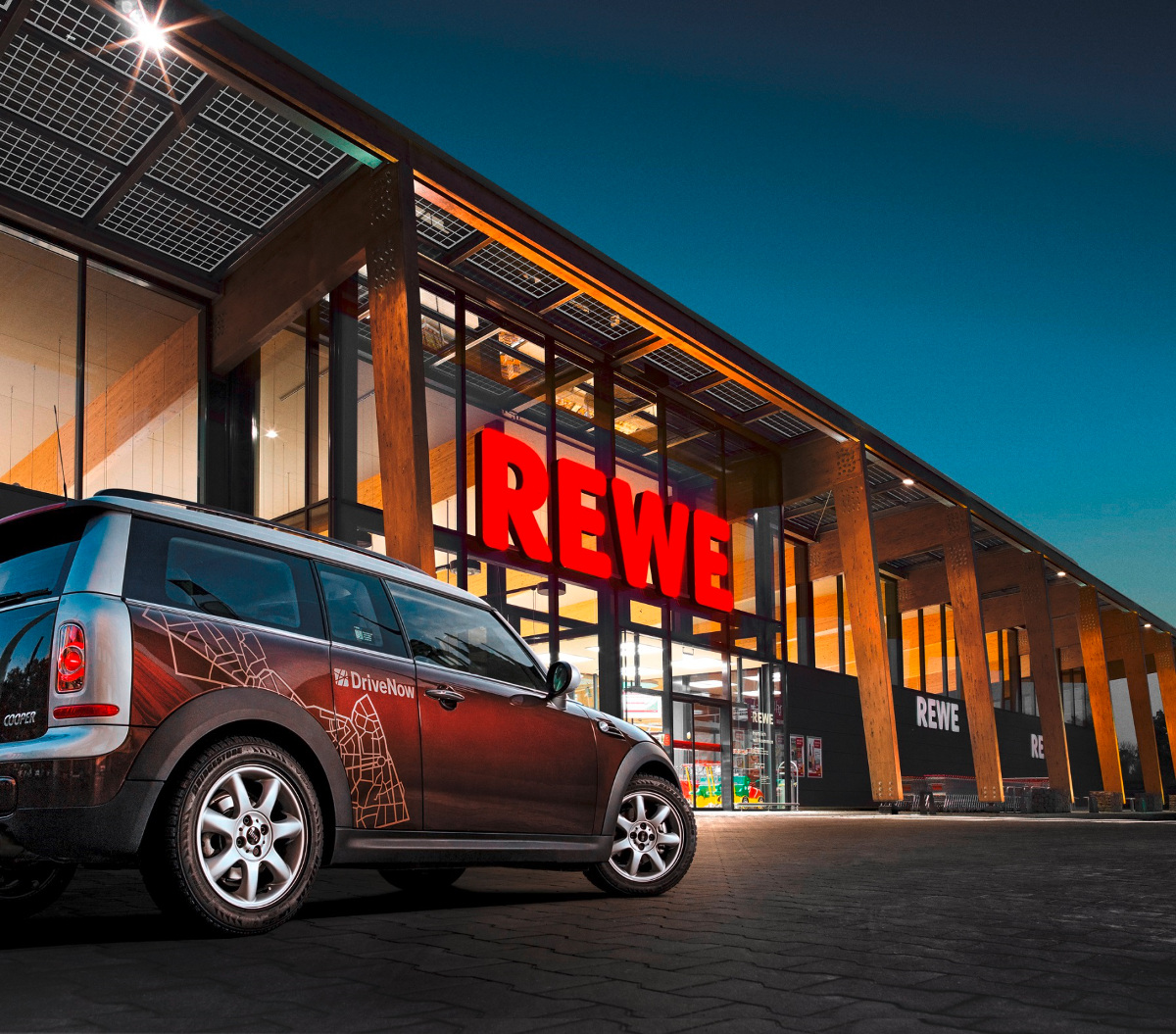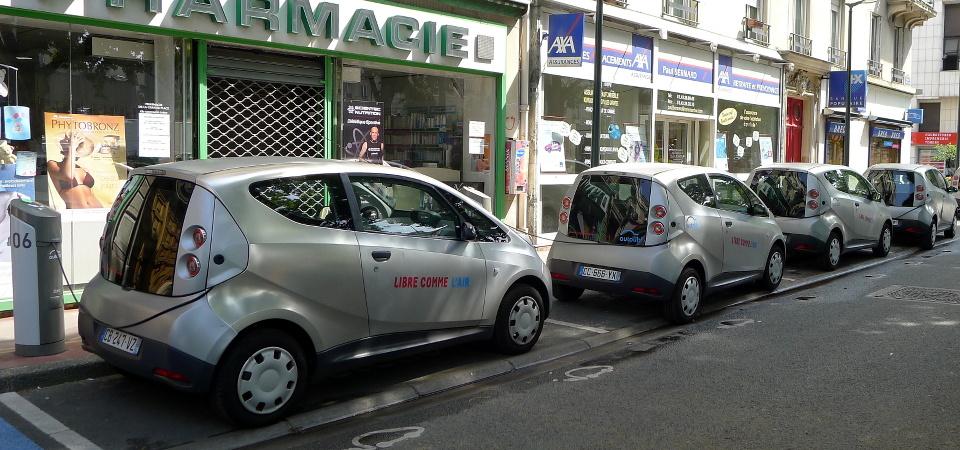Carsharing continues to expand in major cities around the globe. (Gayot.com)
+++++++++++++++++++++++++++++++++++++++++++++++++++++++++++++++++++++++++++++++++
Please share with Shareable! Click here to support our coverage of the real sharing economy.
Scott Le Vine is engaged in what sometimes seems an impossible task: predicting the future of carsharing. Le Vine, who recently published a summary report on carsharing with colleagues from the Centre for Transport Studies at Imperial College London, works to develop new techniques to foresee both the size of the future carsharing market and the transportation mode's impacts on factors including carbon dioxide emissions, congestion, and parking.
"There's a whole industry built on predicting what the future of urban mobility will be," said Le Vine in a recent Skype interview, citing 30-year-ahead prediction requirements in many British and US cities. "But the infrastructure is built on an earlier paradigm. There's no existing method to deal with it." Instead, carsharing providers, users, and local governments use trial and error to pin down the terms of their new association. "My ambition over the next months and years is to make that relationship less uncertain and more systematized," said Le Vine.

Carsharing is on the rise, but its future markets and impacts are difficult to predict. (Le Vine, Zolfaghari, Polak, "Carsharing: Evolution, Challenges and Opportunities")
Part of the problem, explained Le Vine, is that the classic unit of traffic flow and demand analyses is the individual journey. "That's completely inappropriate for carsharing," he said. "The issue is not, 'Is carsharing a better deal for this journey than having my own private car?' It almost never is. The real issue is, 'Can my lifestyle be sustained by using carsharing, and how does that compare with the tradeoff in terms of not having to deal with the fixed cost, hassle, insurance, and everything that goes with owning a car.'" Le Vine's research focuses on developing tools to incorporate such long-term costs and benefits into the equation.
In terms of the future of carsharing, one immediate trial is the unique role local governments play with respect to carsharing, including, crucially, divvying up on-street parking. "London is an enormous challenge for carsharing because it's so fragmented municipally, and you need a viable service that's big—it will cross boundaries," said Le Vine. "It's an almost unsolvable problem, dealing with, in London's case, 33 municipalities, each with different leadership." One solution is the formation of third-party organizations to mediate between localities and the industry as a whole. (Le Vine is himself a trustee of the UK nonprofit Carplus, which advocates for alternatives to traditional car ownership.) "One of the things that we consistently hear from Transport for London [London's transportation agency] is, 'You guys need to get your act together and present a united front to us,'" he said. "At the moment all of the operators are beating up on each other, and it's bad for the overall sector."

Local governments control on-street parking and other factors that critically impact carsharing. (Streetsblog NYC)
Looking ahead, Le Vine, like other observers, imagines the further growth of one-way carsharing services like Car2Go, as well as an increase in partnerships between carsharing companies and retailers wishing to boost their customer base. In addition, "there's a question of critical mass," said Le Vine. "As these systems grow and become more fluid, they'll be better able to predict demand so that they price much more subtly than they do at the moment. They'll have much more ability to understand how much value they're giving away to the consumer."
Le Vine acknowledges that his prediction of industry trends are pretty basic—for good reason. "A lot of this is standard business-strategy stuff," he said. "If you sat down with an MBA, they'd tell you all of this. What's happening is that the sector is professionalizing. It's not that the technology has really changed, it's just that more professional management has come on."

Carsharing company DriveNow and German grocery store REWE partnered to offer package deals on car use and store purchases. (DriveNow Blog)









